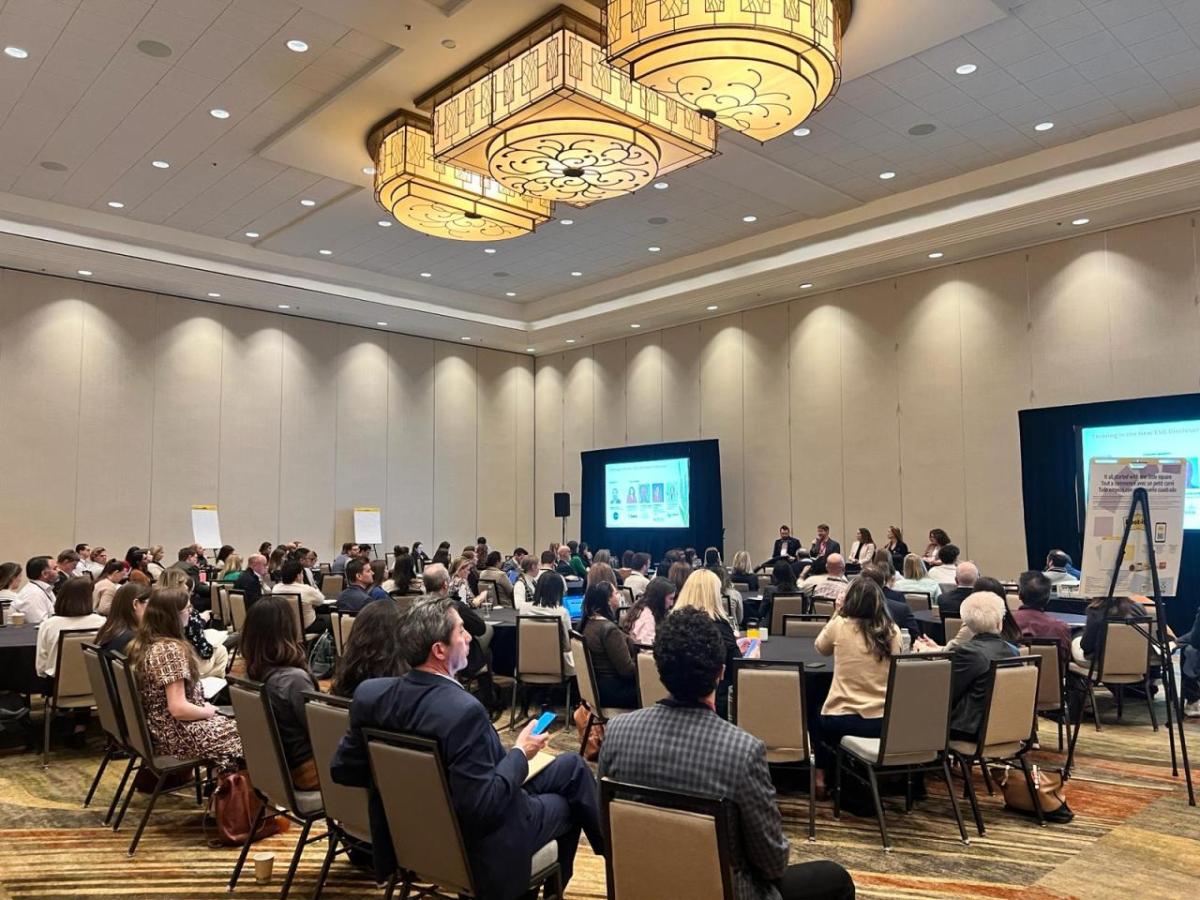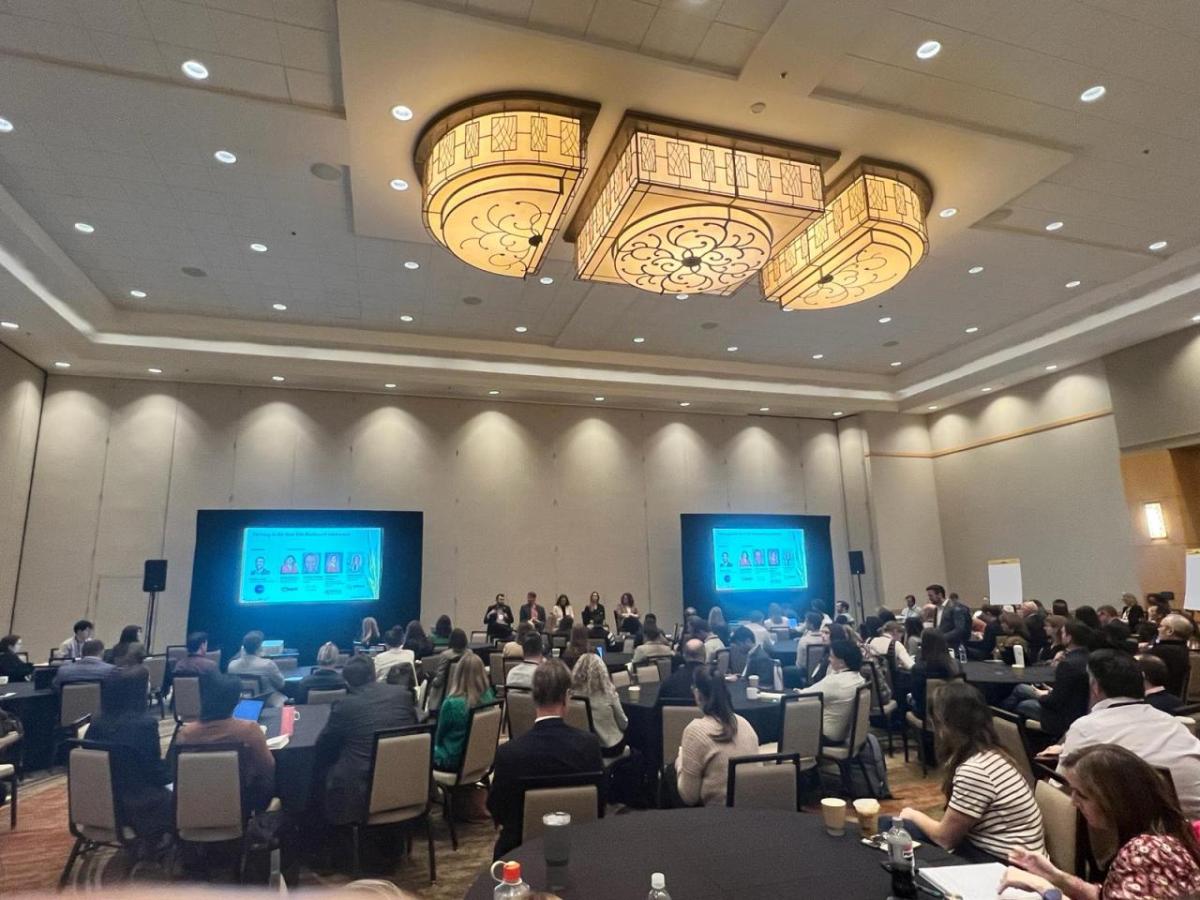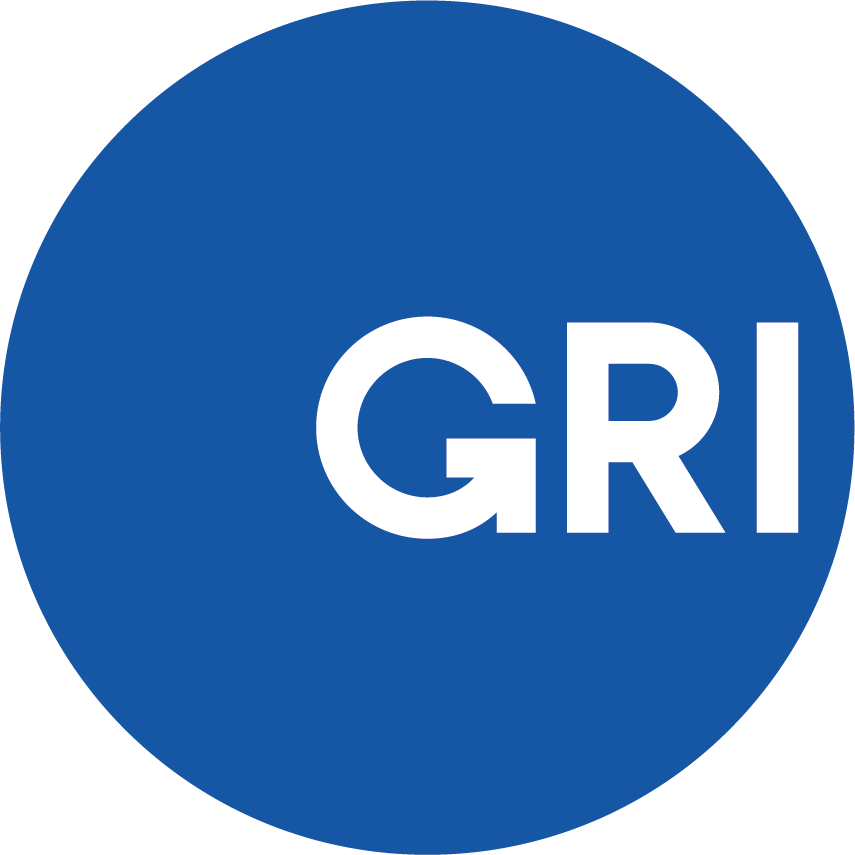Panel Discussion Unveils Key Insights on Thriving in the New ESG Disclosure Landscape
Earlier this month GRI was involved in the thought-provoking panel discussion "Thriving in the New ESG Disclosure Landscape," during GreenBiz’24. The session brought in roughly 180 attendees, which made for a room with tables at capacity and additional attendees standing to hear the conversation. The session was moderated by GRI’s Head of North America, Matthew Rusk, and included two corporates, US Bank and Cisco, and two disclosure service providers, Pulsora and Alliance Advisors.
The session began with the panelist sharing the standards and frameworks currently used by their organizations or clients. A commonality among all participants was the sentiment that reporting voluntarily to globally recognized standards and frameworks was advised to provide credible and comparable disclosures. With both corporates using GRI Standards and SASB, GRI Standards were highlighted as a valuable comprehensive tool for organizations, aiding them to thrive and adapt to upcoming regulations. Additionally, references were made to other reporting standards and frameworks such as TCFD given jurisdictions utilizing it as a basis for formulating disclosure requirements.
Panelists then shared what and who the drivers were for disclosure efforts to date. Investors were the primary driving force historically, but now demands for information from other groups such as business customers, corporate management, and other internal and external stakeholders are arising. Cisco particularly elaborated on the evolution of stakeholder influence, noting a convergence of interests among its stakeholder groups, including investors, employees and customers. This alignment underscores a fundamental shift where sustainability considerations are no longer isolated to a sustainability, CSR or ESG team but rather integrated into the business.
Regulations were also cited as a critical driver of increased disclosure efforts and professionalization. CSRD was acknowledged as one of – and for many – the biggest regulatory concern. Pulsora and Alliance Advisors, shared the surge in client inquiries regarding disclosures to satisfy CSRD requirements, reflecting the growing demand and challenges their clients are facing. There was agreement that disclosures to comply with regulations are not the “end all be all,” with other value able to be extracted from the reporting process. The realization of the business benefits of a well-structured and integrated disclosure process is catalyzing more attention and investment in corporate disclosure efforts. There was consensus that voluntary reporting prepares organizations to thrive in this new paradigm of elevated stakeholder expectation and disclosure mandates. US Bank emphasized the recognition of benefits of disclosure and emphasized the importance of corporates telling their own sustainability story, and its alignments to the business. Alliance Advisors emphasized how companies are working on compliance by leveraging the voluntary standards because there is good alignment with regulation. They reinforced that there is a need to get ahead of mandates and leverage voluntary disclosures to build capacity, expertise and even make errors before mandated compliance.
Collaborative efforts amongst standard setters, frameworks and jurisdictions, such as GRI’s with the IFRS Foundation, EFRAG and TNFD were mentioned as positive happenings to bring consistency to disclosure requests. Considering the evolving regulatory landscape, which includes CSRD, potential SEC climate and human capital disclosure rules, and California legislation, optimism was shared that a global disclosure system could come together with positive collaborations on-going and regulations largely building upon proven concepts from the voluntary space.
The key takeaways of the session for how to thrive in the new disclosure landscape boiled down to the following:
- Leverage the opportunity to voluntary disclose to global standards and frameworks that bring value beyond compliance, but also help position you to meet regulations as well
- Involve cross-functional teams to bring diverse disciplines and data owners into the process to ensure an effective embedded disclosure process
- Prepare to get your disclosure process assurable by using tools and formalizing procedure and controls
- Increased business questionnaires requests evidencing the necessity for a centralized source of truth to fulfill demands effectively.



